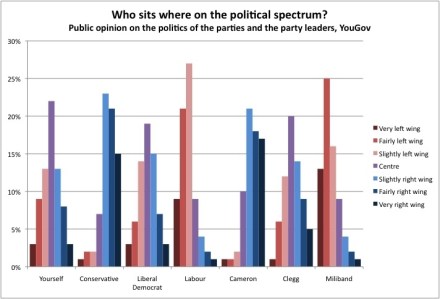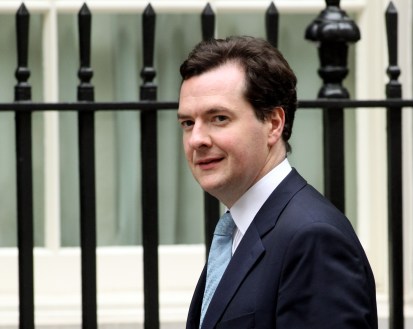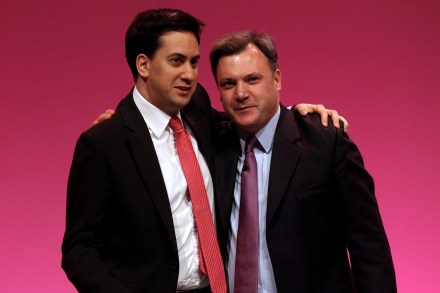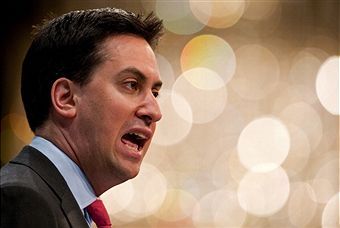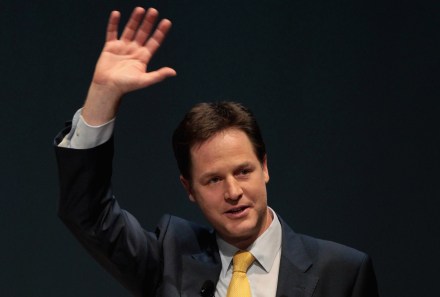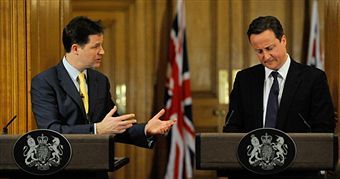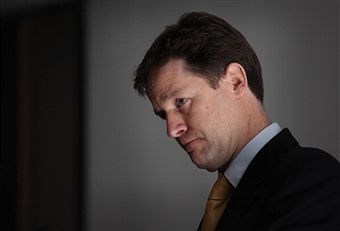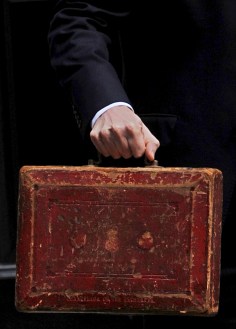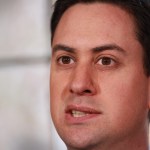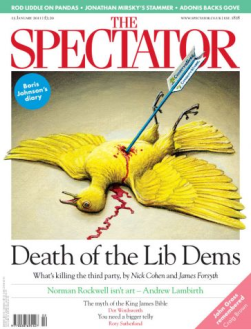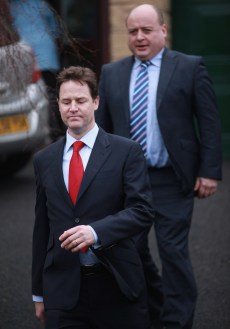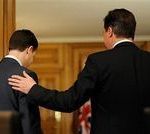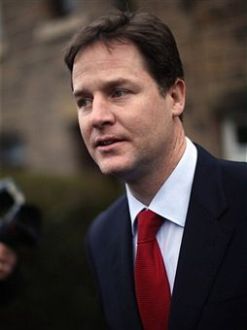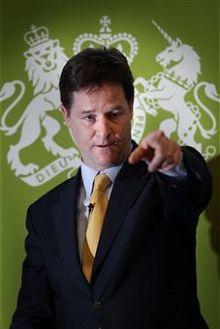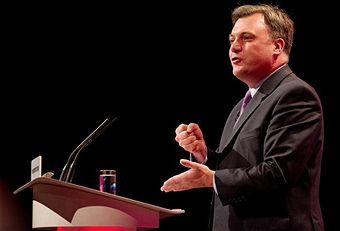All across the political spectrum
Yesterday’s polls may seem like yesterday’s news – but it’s actually worth returning to YouGov’s effort from, erm, yesterday. It contained some distinctive questions, and results, all set around the left-right spectrum. How left wing is the Labour party? How right wing is David Cameron? That sort of thing. Of course, as Anthony Wells has already pointed out, the old labels of “left” and “right” are of decreasing relevance nowadays. But they do still tell us something about popular perceptions of the parties and their leaders. So here are the top line YouGov results in graph form: From which, a few points stand out: Ed Miliband is regarded as
